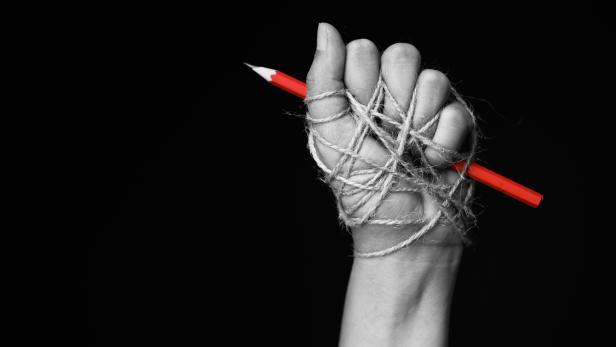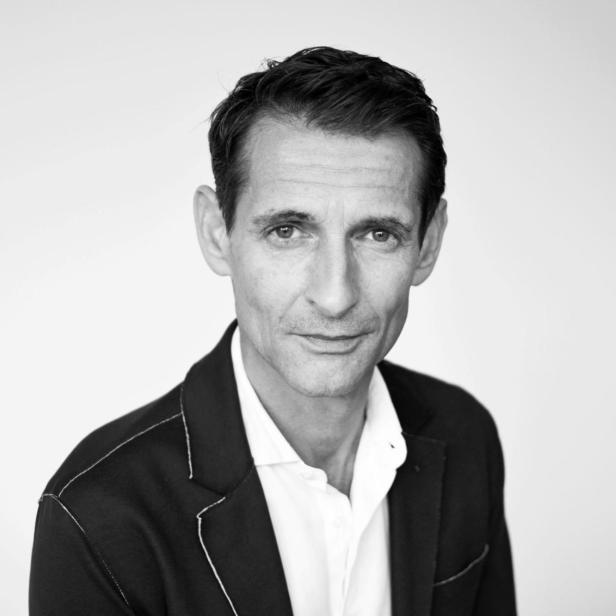Pressefreiheit: Statements von internationalen Journalisten
Wahyu Dhyatmika, Tempo Media Group, Indonesien
"Ever since Indonesian media got back our press freedom in 1998 along with the resignation of the dictator Soeharto, we have to constantly fight to preserve it. Today, even though we still have one of most free media environment in Asia, the struggle continues. Impunity still exists: eight journalist murdered in the last two decades without a single perpetrators ever brought to justice. Every now and then, authorities and powerful entities try to test our resilience by imposing new restrictions on our freedom. Now we've learned that the only way to defend press freedom is to stay vigilant and strengthen the solidarity amongst civil society.“
Sol Lauria, freie Journalistin, Panama
"In Panama, freedom of expression is not threatened by governments or the economic interests of the media and the country's ruling structures. Yet there are issues that we do not talk about or talk very little about here: Panama Papers, for example. Three years after the scandal and in the midst of a presidential election (the president will be elected on May 5), no candidate is speaking about that. It was off the agenda. Why? Tell me what you are not talking about, and I will tell you what kind of power you have.“
Alia Ibrahim, „Daraj“, Libanon
"In times of extreme tension, journalists in Lebanon have faced direct assassinations (Samir Kassir and Gebran Tueni both killed in car bombs in 2005). In ordinary times, it is the judiciary that has been the major threat facing freedom of speech. Examples are too many to mention, but over the last year alone, journalists and satirists have faced legal charges for comments they made in international conferences (Hanine Ghaddar), satire (Hisham Haddad), false accusation of collaborating with Israel (Ziad Itani) and insulting a politician (Jessica Azar). Compared to the region, Lebanon is “seen as progressive, but on the books, there are still laws that could send journalists to prisons for a long time.” At the legislative level, just like in politics, the balance of power allows room for maneuver on all sides. Authorities have power but also limitations. Journalists have limitations, but also power.“
Moussa Aksar, „L’Evenement", Niger
"In the Sahel and Niger, in particular, brave journalists burn the midnight oil to hunt down the powerful and the drug traffickers. But authorities are the accomplices of these lawless men and continue to try through subterfuges to crush any journalists’ microphone, camera or keyboard that bravely fights against this omerta."
Lesen Sie weiters:
Tag der Pressefreiheit: ICIJ-Direktor über #worldpressfreedomday
SZ-Enthüllungsjournalist Frederik Obermaier über Einschüchterungsversuche, Rechtspopulisten und Hindernisse bei der Recherche, die nur durch mehr Zusammenarbeit über Grenzen hinweg zu überwinden sind.


